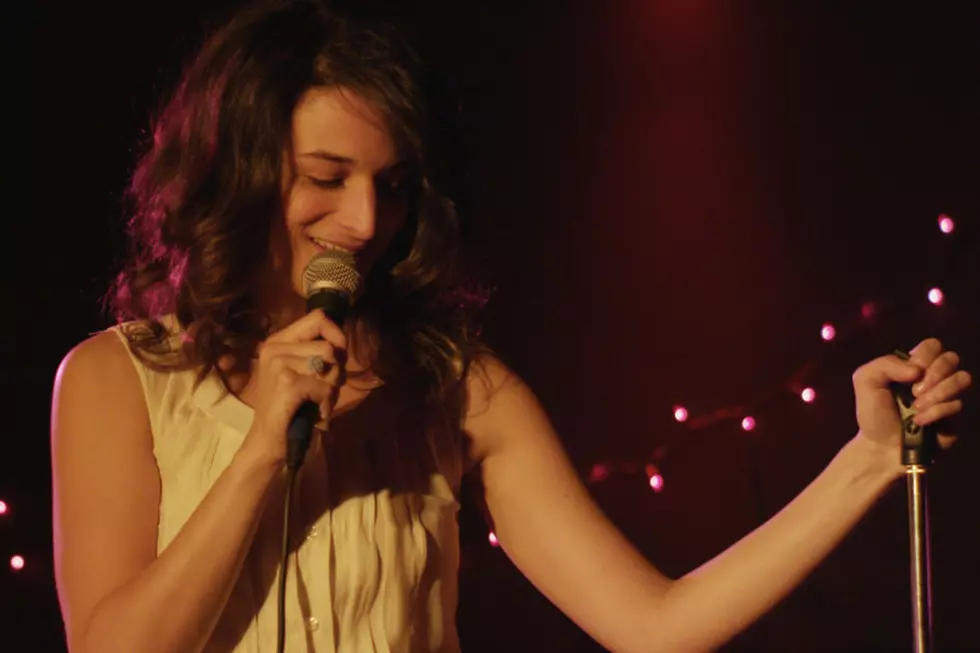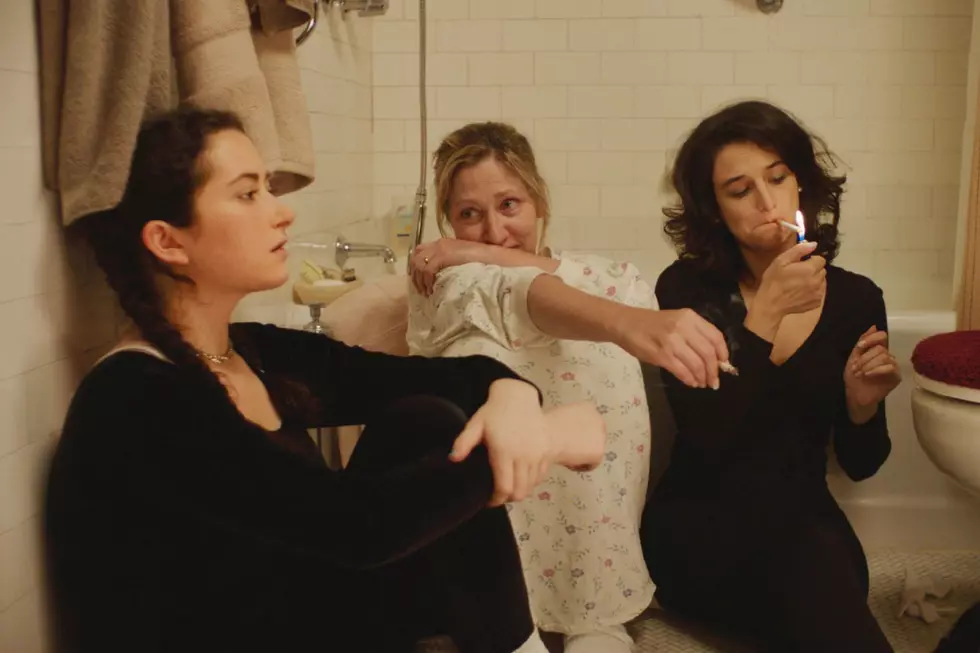
Jenny Slate Says She Will No Longer Voice Her Black Character on ‘Big Mouth’
Animation is a world where, in theory, anyone can play anyone — because actors only provide voices that are supplemented by artists. In recent years, that’s caused issues for shows like The Simpsons, where a white actor, Hank Azaria, voiced an Indian character, Kwik-E-Mart manager Apu, for decades. Azaria announced a few months ago that he would no longer voice Apu, and in Azaria’s defense, he began portraying the character while the first George Bush was the President of the United States.
The practice of casting white actors as the voices of minority characters didn’t end in the late ’80s or ’90s or even the 2000s — new shows have continued it. On Netflix’s Big Mouth, for example, the character of a half-Black/half-Jewish girl named Missy Foreman-Greenwald was voiced by Jenny Slate, who is Jewish, but not Black.
Here’s a scene from Big Mouth featuring Missy:
Slate has voiced Missy for three seasons. But with even greater scrutiny on issues of systemic racism in Hollywood and the media in recent weeks, Slate has now announced that she can “no longer play” Missy, and will not continue with the show. In a lengthy Instagram post, Slate said that when she first took the role she reasoned “that it was permissible for me to play Missy because her mom is Jewish and White — as am I. But Missy is also Black, and Black characters on an animated show should be played by Black people. I acknowledge how my original reasoning was flawed, that it existed as an example of white privilege and unjust allowances made within a system of societal white supremacy, and that in me playing “Missy,” I was engaging in an act of erasure of Black people.”
Big Mouth creators Nick Kroll, Andrew Goldberg, Mark Levin, and Jennifer Flackett posted their own apology and explanation to Kroll’s instagram, in which they wrote they “sincerely apologize for and regret our original decision to cast a white actor to voice a biracial character. We made a mistake, took our privilege for granted, and we’re working hard to do better moving forward.” They also noted that Missy will be recast with a Black actor, and that they “look forward to being able to explore Missy’s story with even greater authenticity in the years to come.”
It is sort of shocking that a show like Big Mouth, which premiered three years ago, cast Slate as a Black character in the first place, but it’s not an isolated incident; on another Netflix cartoon, BoJack Horseman, Alison Brie voiced a Vietnamese woman for six seasons. (Show creator Raphael Bob-Waksberg recently laid out the entire situation, and admitted his mistakes, on Twitter.)
The larger issue here, beyond it being an animated form of blackface that perpetuates stereotypes, is how doing this systemically repeatedly hands white actors the roles that could be given to actors of color. And that needs to change. In the meantime, Netflix has already renewed Big Mouth for at least three more seasons.
Gallery — The Best TV Shows of 2020 So Far:
More From ScreenCrush









